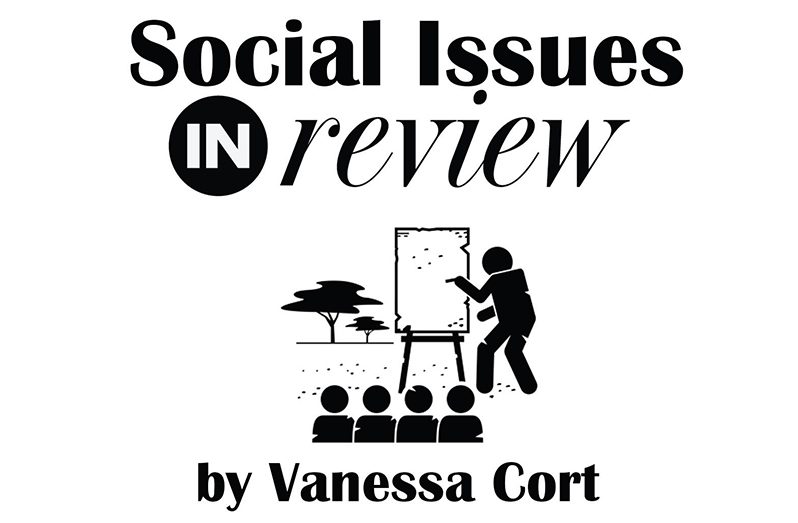HOW many of us have ever seen movies where a mentally deranged character is responsible for murder and mayhem on our screens? Over the years, Hollywood has been guilty of promoting the stereotype of persons with mental illness as either violent or feeble-minded.
In the past two days I watched two movies on the Lifetime Movie Network (LMN), which actually had the word ‘psycho’ in their title. Both showed middle-aged women, who were clearly mentally unstable – one targetting a particular victim – while the other very quickly progressed from obsessive jealousy to murder.
In fact, LMN movies often feature characters who are mentally challenged and invariably resort to murder or killing as their condition deteriorates. Rarely is the individual even recognised as mentally ill or seen receiving any kind of treatment.
Over the years we have been treated to a steady parade of serial killers on our screens, many fictional and others, like Jeffrey Dahmer and Ted Bundy, who gained notoriety for their real crimes and the number of people they managed to kill before being detected.
Experts warn that the influence the movie industry exerts over people’s perceptions has led to the public generally associating mental illness with violence. In other instances, the mentally ill are made out to be figures of fun. Both of these images only add to the misinformation circulating about mental health and deepen the stigma attached to it.
Perhaps the most misrepresented mental health conditions are schizophrenia and psychosis. The former is generally portrayed as violent and regularly confused with dissociative identity disorder (DID). The term ‘psychotic’ is often ‘bandied about’ and is usually an on-screen insult. Shows as diverse as Jane the Virgin and The Dark Knight have been accused of using the term ‘psychotic’ erroneously in their dialogue and in a carelessly disparaging way.
Researchers Kemmerle and Cress note that, “Portrayals of mental illness in film are often superficial, stigmatising and inaccurate. Many overemphasise stereotypical negative behaviour, as well as rely on demeaning slang terms to refer to mentally ill individuals”.
Some of the stereotypes are termed “the aggressive and dangerous homicidal maniac”, “the irrational and confused simpleton” and “the nymphomaniac and powerfully seductive female”.
It is in the face of this resounding criticism that Hollywood has been making efforts to improve its representation of persons who face mental health challenges. Writing for the American Psychological Association (APA), Anna Medaris stated in an article published earlier this month that psychologists are increasingly being sought out by the entertainment industry to help with their on-screen portrayals of mental health.
One such expert, Helen Hsu, PsyD, was among the first to be consulted by Netflix for their production of a series – 13 Reasons Why – about a teenage suicide. The drama ran for three years, reaching 6 million viewers in just three days and has been credited with raising awareness about sexual assaults among men and prompting necessary parent-child conversations.
And the APA remarks that though the partnership between psychologists and the entertainment industry is not without its “pain points” it can be a “win-win both psychologists and creatives say…”
It allows mental health professionals to improve stories coming out of Hollywood and helps storytellers to write stories and create characters that are more realistic.



.jpg)








